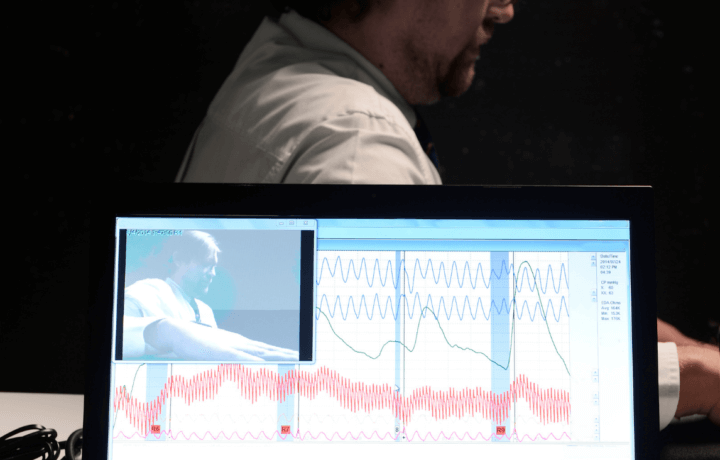A recent news report suggests the Pentagon may roll out more polygraph testing for officials. The move stems from concerns about leaks of sensitive—but not necessarily classified—information. And in a twist of irony, the reporting itself came from leaked memos.
So what does this mean for the cleared workforce? First, it’s important to know that polygraphs are nothing new. Many positions tied to the Joint Chiefs or the Secretary of Defense already require TS/SCI with CI or full-scope polygraphs. The difference often comes down to whether the job is filled by a contractor or a service member. Contractors are more likely to face polygraph requirements upfront, while uniformed military personnel in similar roles often are not.
That inconsistency has caused frustration. Contractors note they may recruit a service member who has been doing the exact same job at the Pentagon or NSA—only to find they need to go through a fresh polygraph to take on the contractor role.
The other reality: polygraphs create choke points. Reciprocity is often limited, and agencies frequently require their own exams even if you already hold a clearance. Service members returning from overseas often face another round of polygraph testing. And there’s still a shortage of qualified examiners, which feeds into the current backlog.
Before new testing requirements are added, the government will need to address examiner staffing and process bottlenecks. For now, polygraphs remain a standard part of the clearance process—sometimes frustrating, often debated, but firmly here to stay.



